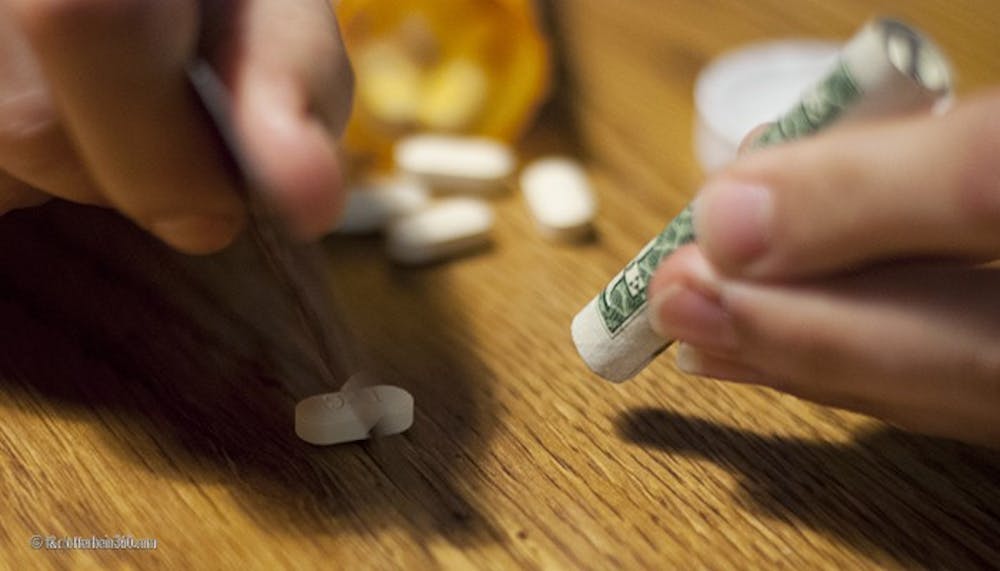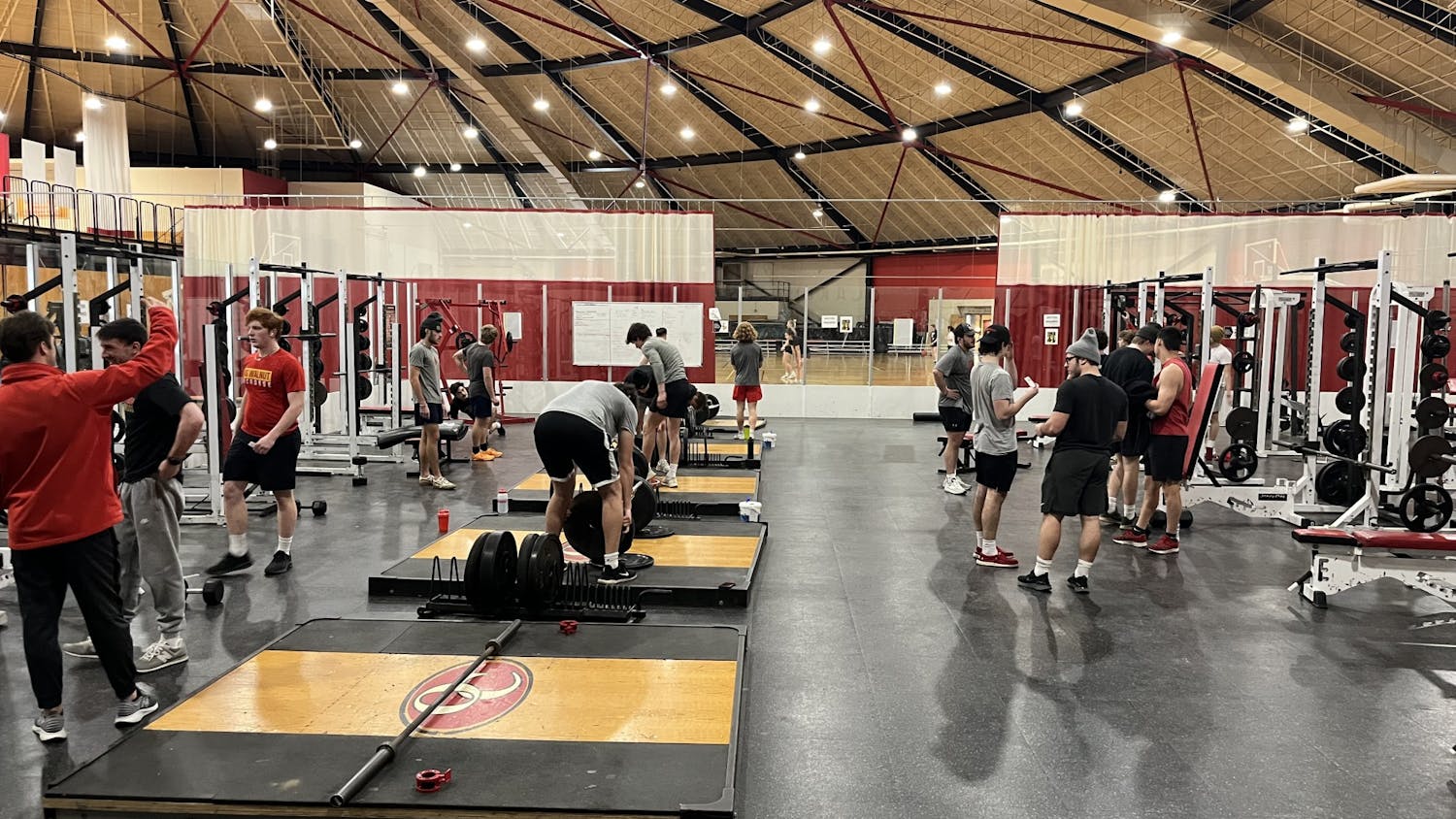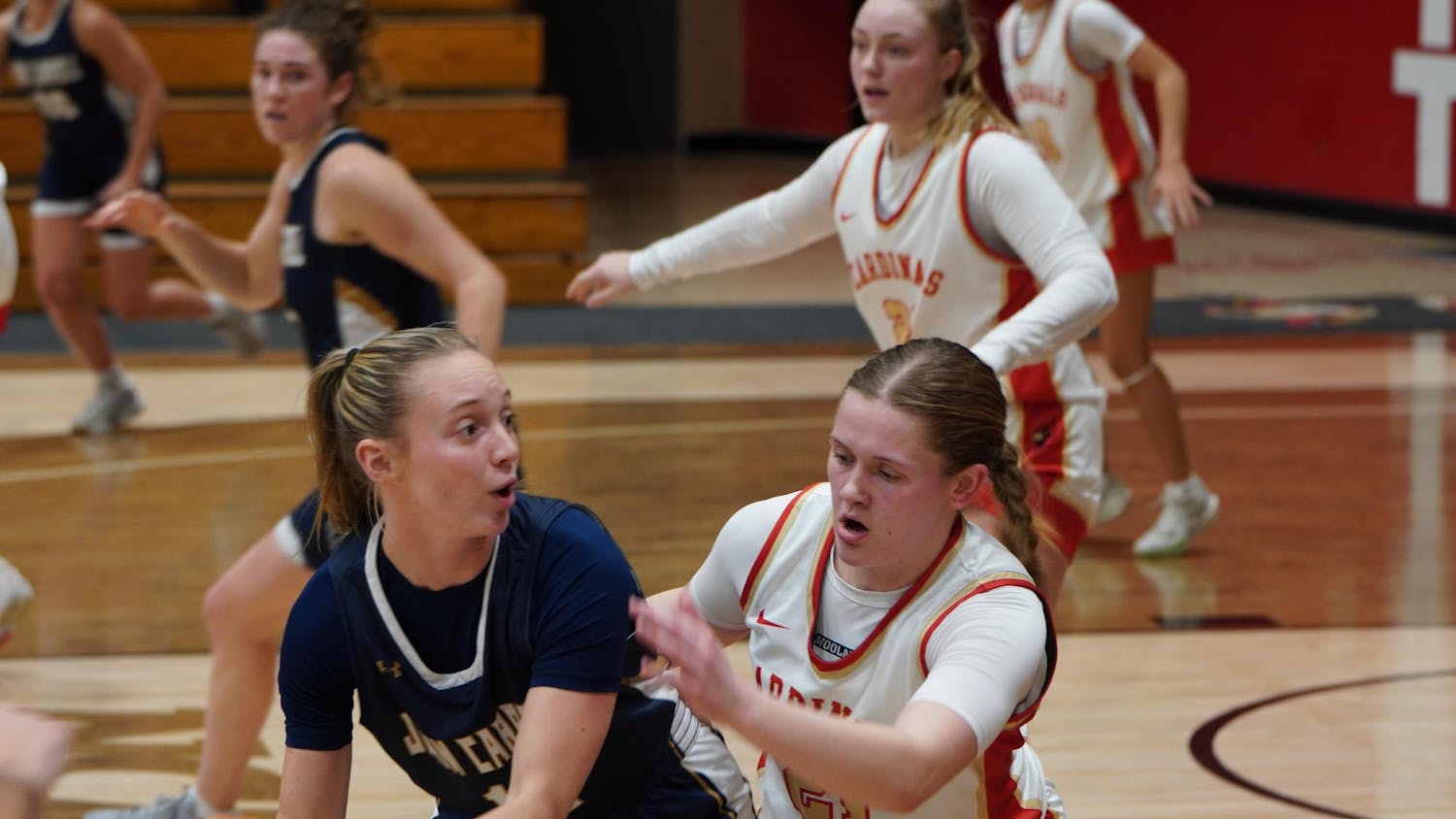In a time when the risks and dangers of illegal drug and steroid use are becoming more public, it appears as if more athletes are willing to take the risk, and colleges are doing less to prevent it.
According to the NCAA’s website, 90 percent of Division I schools currently conduct their own drug tests on student-athletes compared to only 21 percent of Division III schools.
Otterbein is with the majority of Division III schools that do not drug test their student-athletes.
The Associated Press recently released the results of their investigation of over 61,000 Division I football players’ weight gain throughout their college careers.
The investigation went back more than a decade and included players from all 120 Division I programs.
According to the AP report, scientific literature claims that anabolic steroid use and rapid weight gain are a well-established link.
The investigation found that it wasn’t uncommon for players to gain upward of 20 to 40 pounds in a single year.
In approximately 100 cases, players put on as much as 80 pounds in a single year.
The AP reported that players are actually far more likely to be drug tested by their own schools than by the NCAA.
But, the problem is that while many schools do have policies in place to give them the right to test their student athletes for steroids, they, more times than not, choose not to.
The colleges appear to be more focused on testing for marijuana, cocaine and other street drugs.
Depending on the number of tests ordered, a test for street drugs can cost as little as $25, while a steroid test can cost $100 to $200.
The only time an Otterbein athlete would be tested is if they made the NCAA championship in their respective sport. But, according to senior track and field athlete Aaric Milligan, even then it’s not a guarantee.
Milligan, who recently placed 11th at the NCAA indoor track and field championships, said he wasn’t drug tested.
“The general procedure at nationals is that they test the winner of every event and two other random people out of the top eight placers,” Milligan said. “Since I did not place in the top eight, there was no chance for me to be tested.”
Now, it becomes a matter of whether or not Otterbein should spend the money to drug test their student-athletes since the large majority of them never will be tested by the NCAA.
Senior goalkeeper for the men’s lacrosse team, Adam Hatchard said he doesn’t think Otterbein should.
“Division III sports aren’t the money generator that Division I sports are, which cause a lot of added stress to the athletes,” Hatchard said. “At this level, it’s about being a student first, so I don’t really think there is a problem here.”
Milligan has a differing opinion on Otterbein changing their policy.
“I would not mind Otterbein testing students because I feel if a few students get tested, the rest will be clean knowing that they could be tested at any time,” Milligan said.
While Otterbein doesn’t do any formal education of the consequences of breaking the NCAA’s drug and tobacco use policy, Hatchard and Milligan both agree that Otterbein does enough to educate student athletes.
“We sign an NCAA contract every season which outlines their drug and tobacco use policies and that’s about it,” Hatchard said. “Being an NCAA athlete, you have to abide by those rules and it’s blatantly stated what the consequences are for breaking the rules in what we have to sign, that’s enough.”








